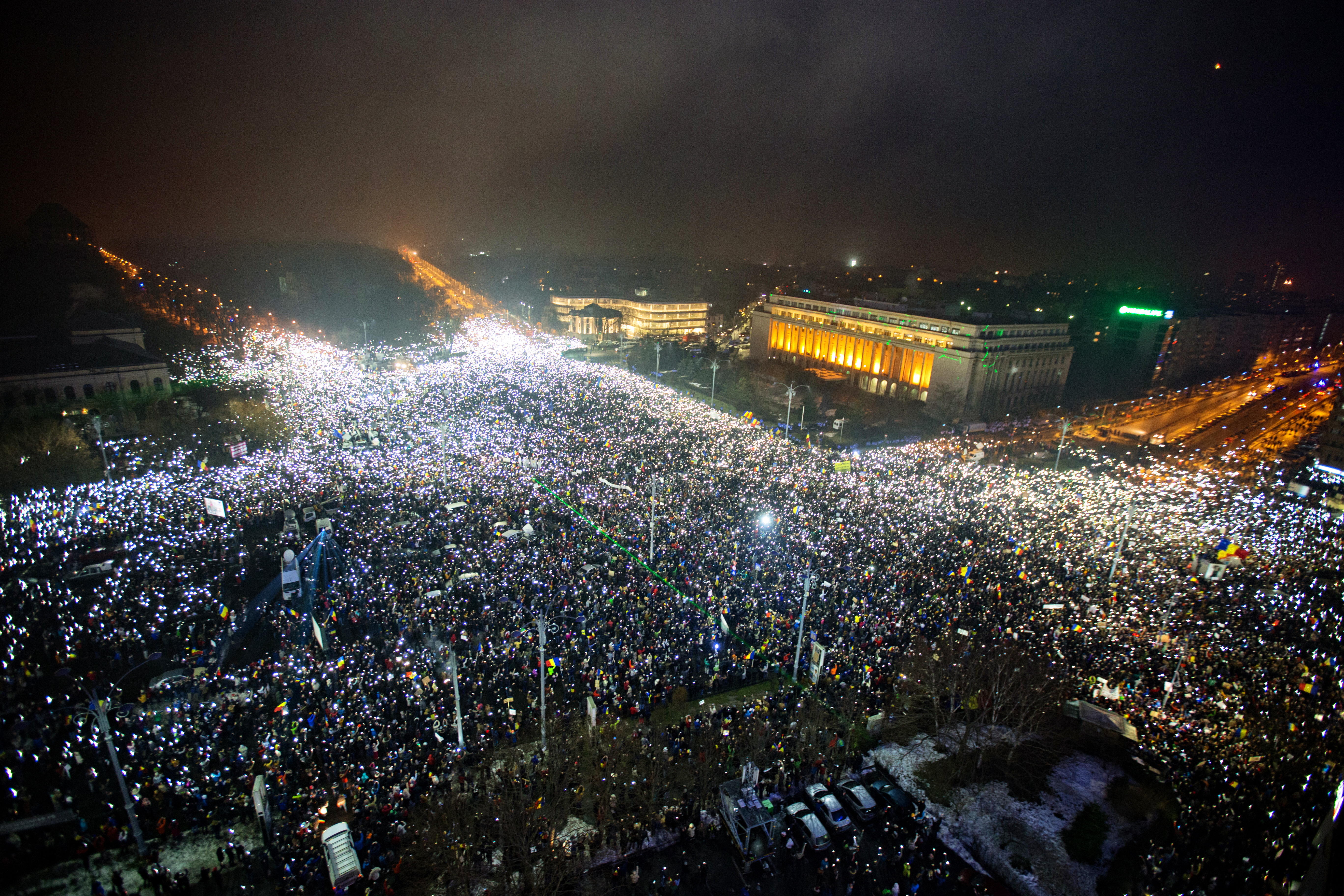In 1973, Katherine Verdery moved to Romania, the only country in the Eastern European bloc that welcomed Western scholars. She studied social inequality, ethnic relations and nationalism. After the fall of Communism she returned and looked at the transformation of socialist societies. Her most recent book, My life as a spy: Investigations into a secret police file was published in 2018, and it documents how the Romanian political police kept her under surveillance.
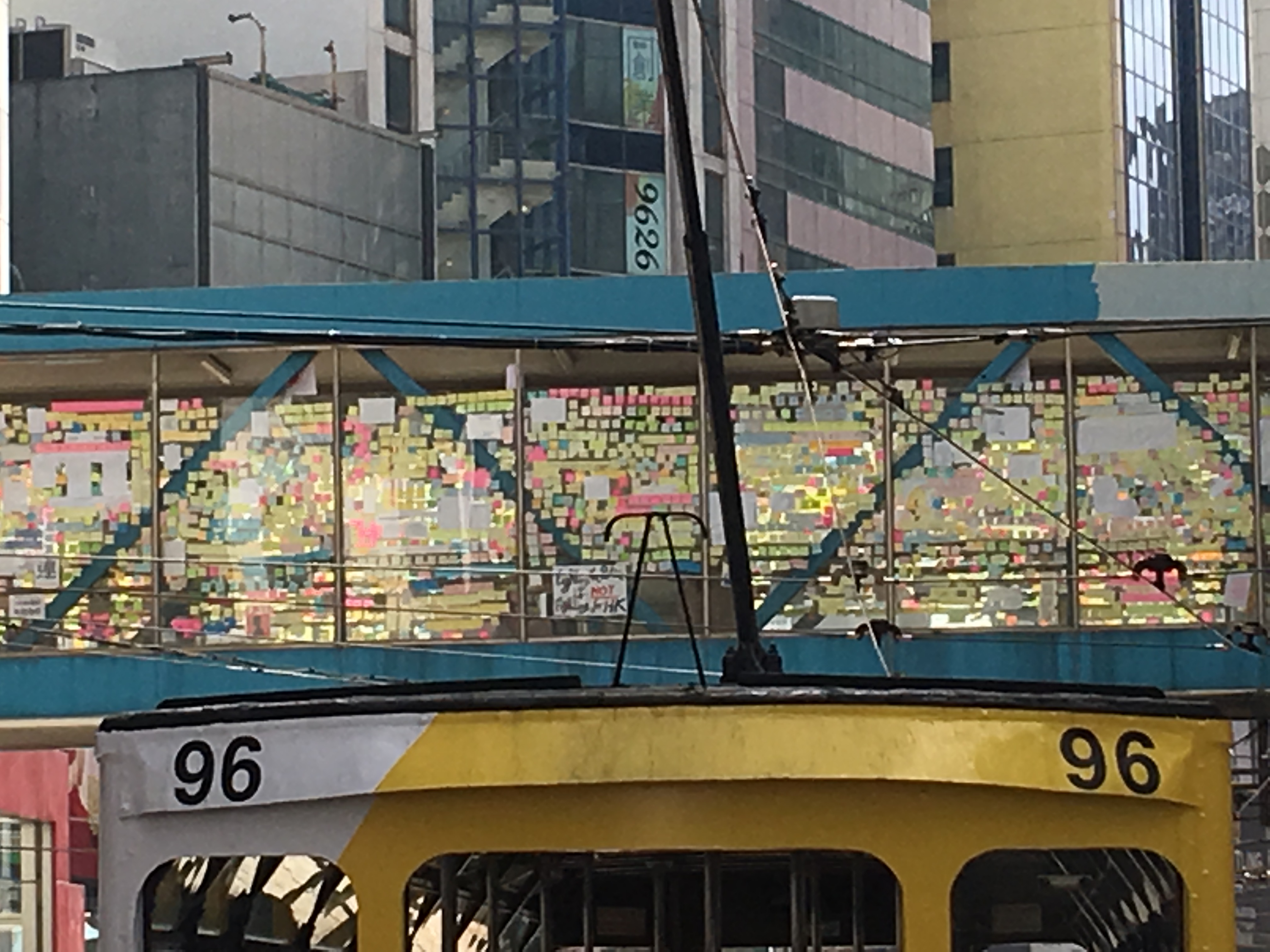
By Iulia Lumina| Singapore & Ross Cheung| Hong Kong
The recent mobilisations for political democratisation in Taiwan and Hong Kong reflect a historical opening for decolonisation in East Asia. The 2014 Sunflower and Umbrella movements have prompted a re-evaluation of Taiwanese and Hong Kong identities. Firstly, the negotiation of democratic liberties addresses the enduring colonial and Cold War legacies which define their postcolonial political and economic structures. Secondly, the ‘China factor’ has prompted a reflexive civic consciousness that is revisiting the historical relationship with mainland China and the current opposition to its influence.
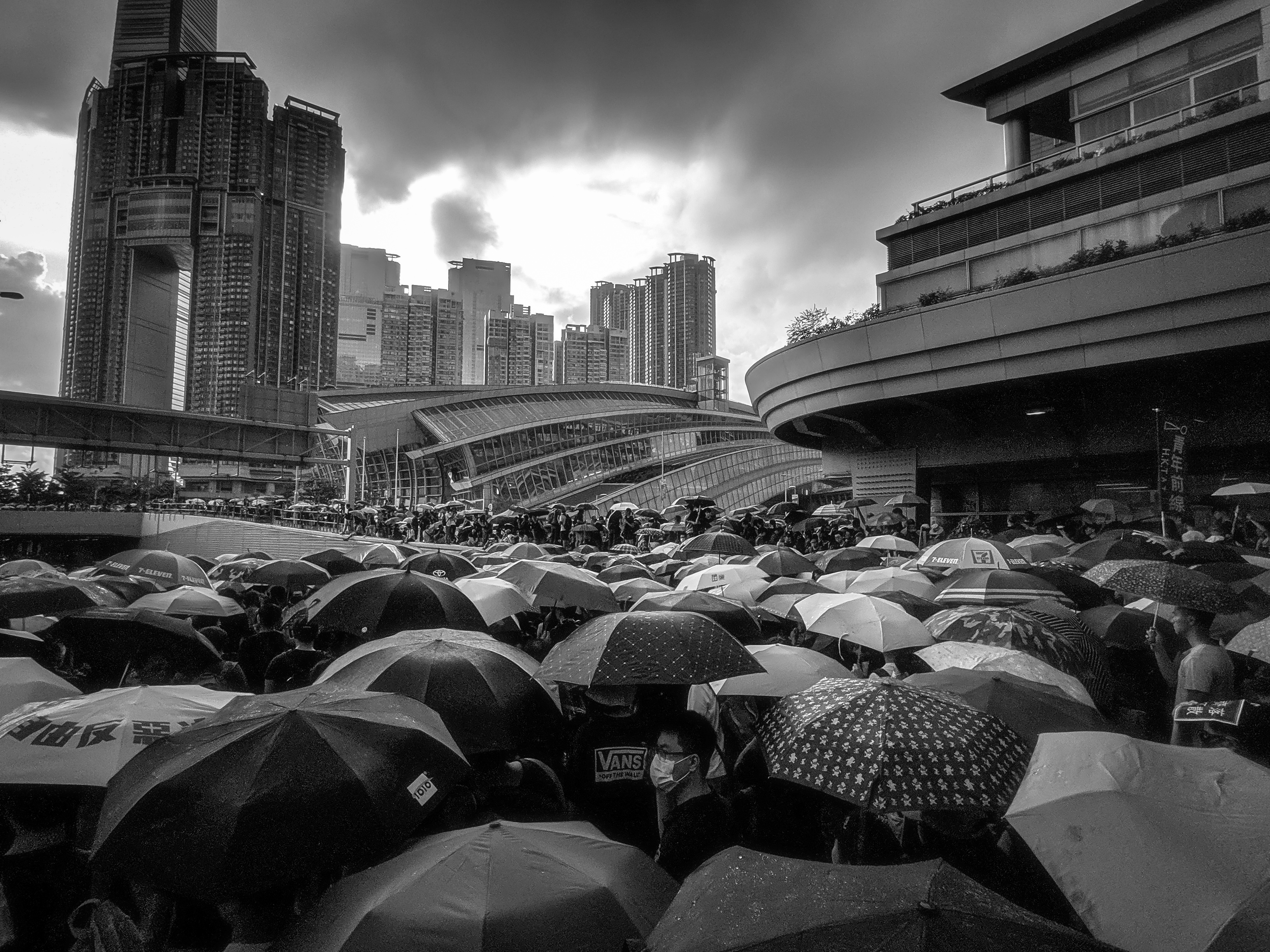
By Dana Trif| Cluj Napoca & Ho Ming-sho| Taipei
Five years have passed since the 2014 Umbrella Movement and the ‘Occupy Central with Love and Peace’ civil disobedience campaigns that brought tens of thousands onto the streets of Hong Kong. Back in 2014, the protesters’ demands were focused on genuine universal suffrage for the election of the Special Administrative Region’s (HKSAR) Chief Executive (CE) and of the members of the Legislative Council, Hong Kong’s Parliament.
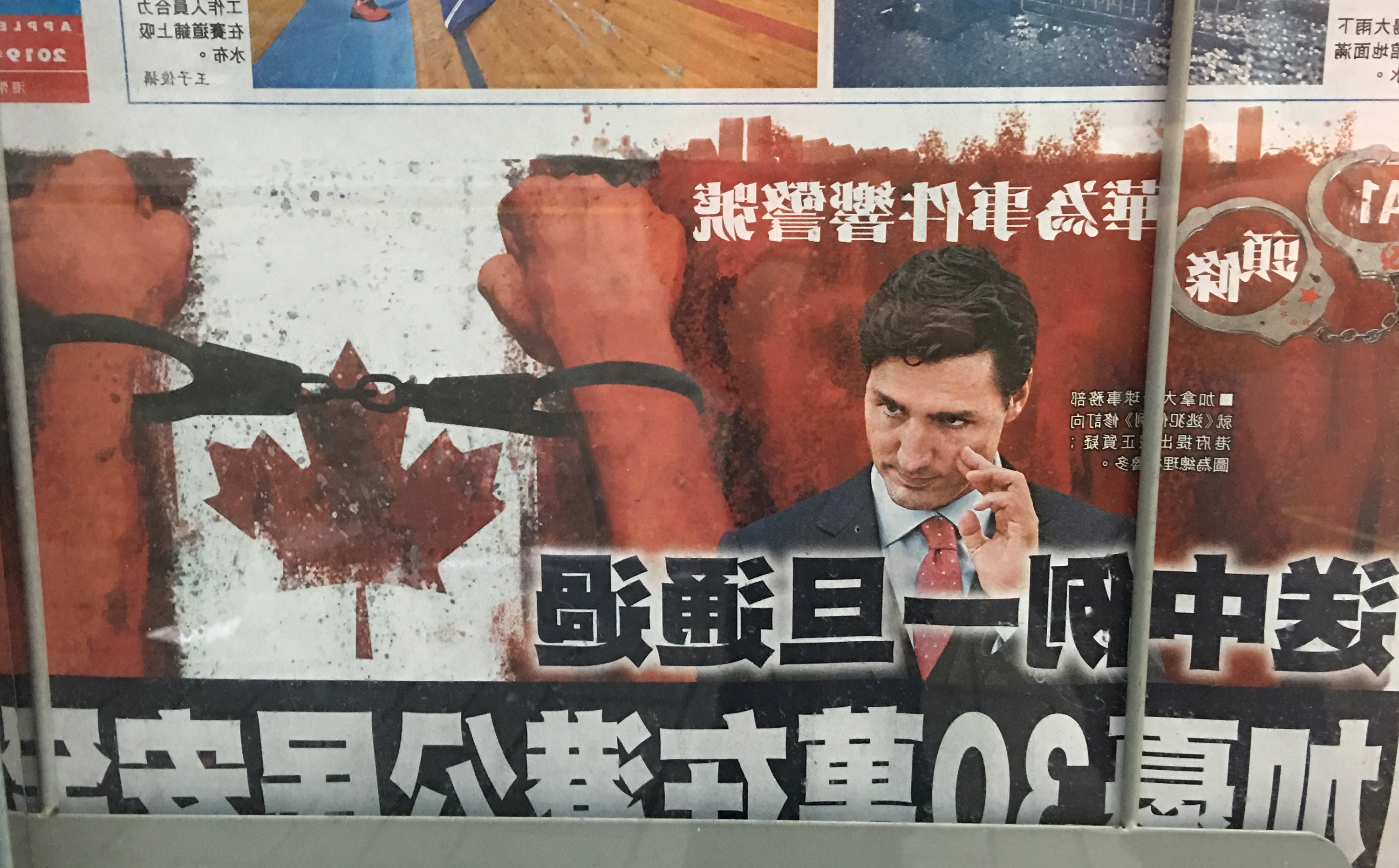
By Alexandru Bălășescu | Hong Kong
On 20 April, barely a week into settling in Hong Kong, my attention was captured by the front page of a local newspaper, featuring a photo-collage with a handcuffed wrist and Trudeau on the background of the Chinese and Canadian flags (see photo). But without understanding the writing, the meaning was anybody’s guess.
Mine was that it was related to the arrest of Mrs. Meng, the CFO of Huawei in Canada (because I was coming from Vancouver, where I had spent the prior 5 years). I sent the picture back to my friends in Canada, and one of the answers was: “It’s funny to see Trudeau as bad boy.” I also asked for a translation, and it seemed that the intention was to portray Trudeau rather as a sad boy, caught in the possible conundrum that the now-infamous Hong Kong extradition bill would generate.
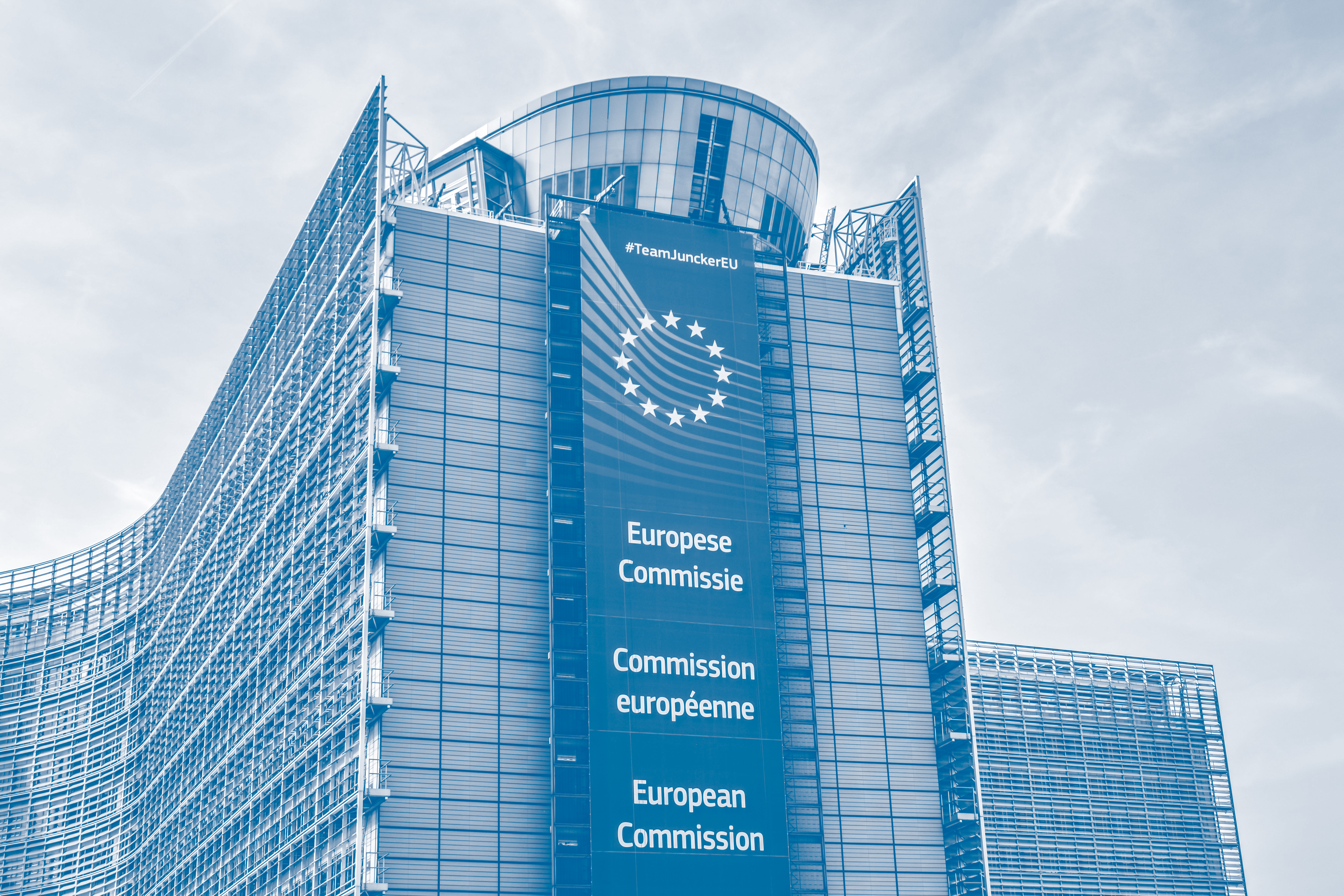
By Kristof Bender | Vienna

